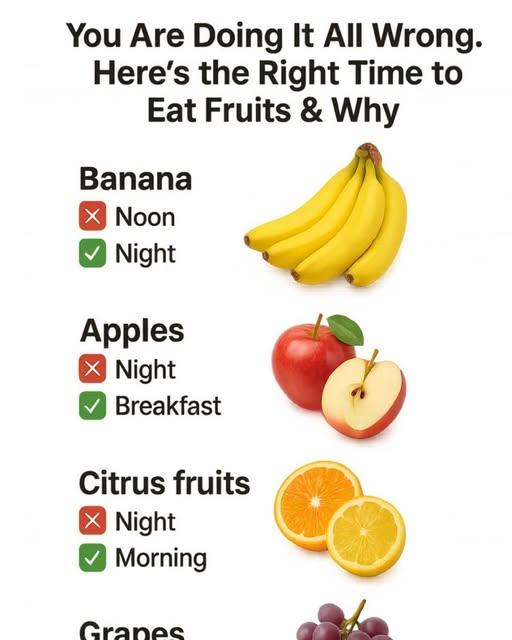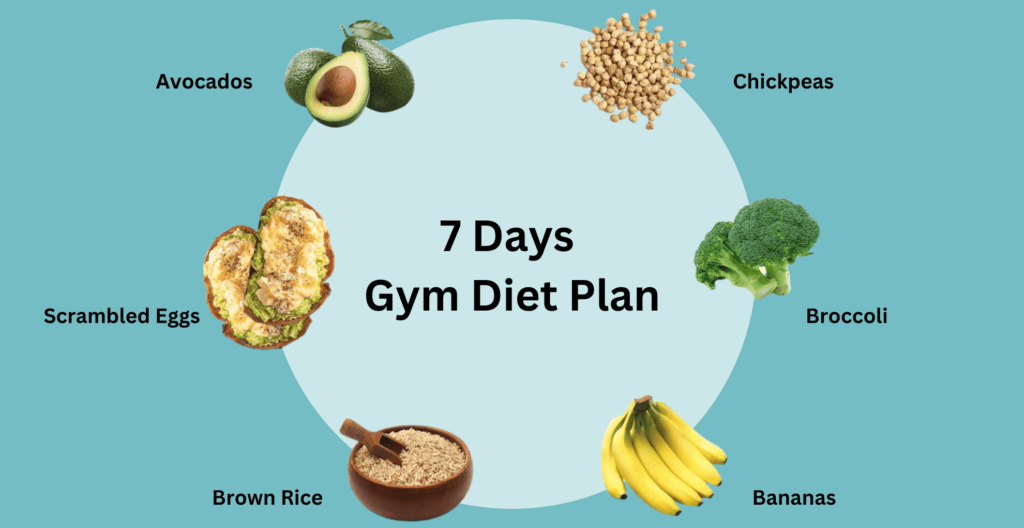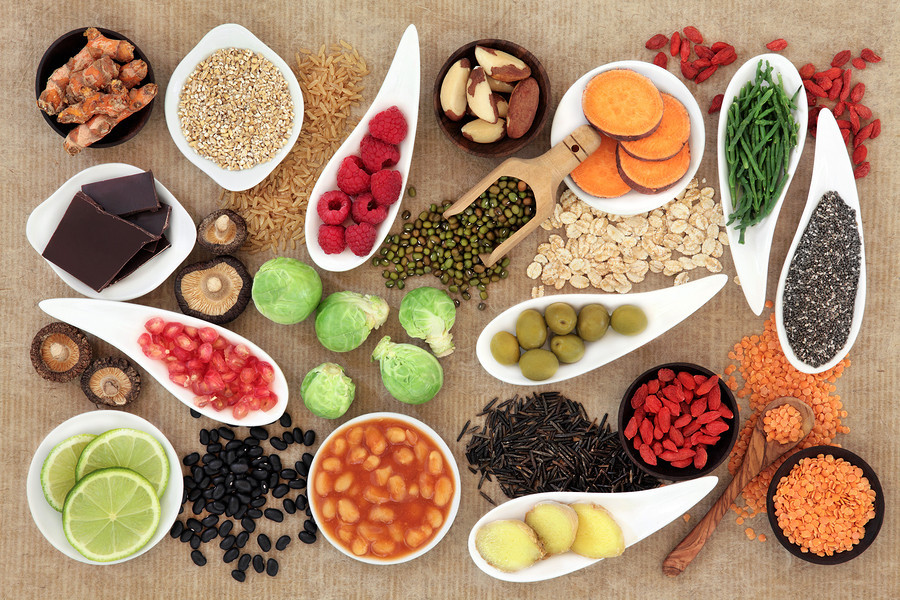The concept of nutrient timing, or chrononutrition, explores how the body’s response to food is influenced by its natural circadian rhythms. While the overall quality and quantity of your diet remain the most critical factors for health, aligning your food choices with the time of day can significantly enhance digestion, optimize energy levels, support metabolic function, and improve sleep quality.
This guide provides an evidence-based framework for timing your intake of common foods. Rather than a set of rigid rules, consider these as principles to help you work with your body’s internal clock for maximum benefit. Individual responses will vary, so listening to your body is paramount.

Morning (Approx. 7 AM – 10 AM): Fueling for Cognitive Function and Sustained Energy
The primary goal of your morning meal is to replenish glycogen stores after an overnight fast, stabilize blood sugar, and provide sustained energy and cognitive focus for the hours ahead.
- Prioritize Complex Carbohydrates and Lean Protein:
- Foods: Oatmeal, Eggs, Greek Yogurt, Quinoa.
- Rationale: Complex carbohydrates like oatmeal provide a slow release of glucose into the bloodstream, preventing energy crashes. Protein-rich foods like eggs and Greek yogurt promote satiety (the feeling of fullness) and provide essential amino acids for neurotransmitter function.
- Incorporate Healthy Fats:
- Foods: Almonds, Walnuts, Avocado.
- Rationale: Healthy fats are crucial for hormone production and brain health. Their slow digestion also contributes to long-lasting satiety.
- Include Easily Digestible Fruits:
- Foods: Bananas, Berries.
- Rationale: These provide readily available energy, fiber, and valuable micronutrients. A banana, rich in potassium, is excellent for replenishing electrolytes.
- Strategic Use of Stimulants:
- Foods: Coffee, Green Tea.
- Rationale: When consumed in the morning, caffeine can enhance alertness and performance. However, it’s best to avoid it after 2:00 PM to prevent interference with the sleep-wake cycle.

Midday (Approx. 12 PM – 3 PM): Sustaining Performance and Rebuilding
Your midday meal should be balanced to replenish energy stores without causing lethargy, supporting continued physical and mental performance.
- Focus on a Balanced Macronutrient Profile:
- Foods: Chicken Breast, Salmon, Brown Rice, Sweet Potatoes, Chickpeas, Lentils.
- Rationale: Combining a lean protein source (chicken, salmon) with a complex carbohydrate (brown rice, sweet potato) and fiber (chickpeas, lentils) provides steady energy and prevents the sharp insulin spike that can lead to an afternoon slump. Omega-3 fatty acids in salmon also possess anti-inflammatory properties.
- Maximize Micronutrient Intake:
- Foods: Spinach, Kale, and other leafy greens.
- Rationale: Leafy greens are nutrient-dense and rich in iron and other minerals essential for energy production. They are best consumed with your largest meals to maximize absorption.

Evening (Approx. 6 PM – 8 PM): Promoting Relaxation and Recovery
Dinner should consist of easily digestible foods that support overnight muscle repair and prepare the body for restful sleep, without placing a heavy digestive load on the system.
- Emphasize Light Proteins and Cooked Vegetables:
- Foods: Turkey, White Fish (Cod, Hake), Zucchini, Asparagus, Cucumber.
- Rationale: Turkey contains the amino acid L-tryptophan, a precursor to serotonin and melatonin, which regulate sleep. White fish is a lean protein source that is less demanding on the digestive system than red meat or fatty fish. Cooked vegetables are generally easier to digest than large raw salads in the evening.
- Consider Sleep-Supportive Nutrients:
- Foods: Pumpkin Seeds.
- Rationale: These are an excellent source of magnesium, a mineral that plays a key role in muscle relaxation and the function of the parasympathetic nervous system (the “rest and digest” system).
- Limit Large, Fibrous Meals:
- Note on Legumes (Lentils, Chickpeas): While nutritious, large portions of high-fiber foods late at night may cause bloating or gas in sensitive individuals, potentially disrupting sleep. It is often best to consume these earlier in the day.
Before Bed (If Needed): Light, Sleep-Supportive Snacks
If you are genuinely hungry before bed, a small, strategic snack can prevent you from waking up and may even improve sleep quality.
- Slow-Digesting Protein:
- Food: Cottage Cheese.
- Rationale: Cottage cheese is rich in casein protein, which digests slowly and provides a steady supply of amino acids for muscle recovery overnight.
- Tryptophan and Melatonin Sources:
- Foods: Warm Milk, Walnuts, Kiwi.
- Rationale: Warm milk provides tryptophan. Walnuts are a natural source of melatonin, the primary sleep hormone. Studies have shown that consuming kiwi before bed can improve sleep onset and duration due to its serotonin and antioxidant content.

Foods to Limit Throughout the Day
Certain foods and beverages are metabolically disruptive and offer little nutritional value, regardless of when they are consumed.
- Refined Sugars and Grains (e.g., Sugary Cereals, Pastries): These cause rapid spikes and crashes in blood sugar, leading to energy instability, cravings, and inflammation.
- Sugar-Sweetened and Carbonated Drinks: These are sources of “empty calories” that contribute to weight gain and can cause bloating and digestive distress.
Conclusion: A Flexible Framework for Health
Strategic nutrient timing is an effective tool for optimizing your body’s natural rhythms. By front-loading your day with energy-dense carbohydrates and proteins, consuming a balanced meal midday, and transitioning to lighter, easily digestible foods in the evening, you can support your health goals. Remember, these are guidelines, not dogma. The most effective diet is one that is built on a foundation of whole foods, is tailored to your unique needs, and is sustainable for the long term.





